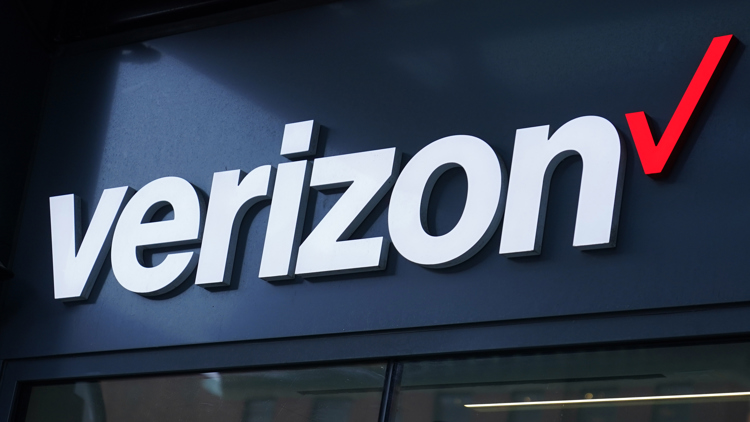WASHINGTON — Verizon customers will see higher cell phone bills for the first time in several years, according to several reports about the service provider's plans.
According to reports from The Verge, Yahoo and other outlets, Verizon started notifying customers about the upcoming rate hike on Monday.
The increase in administrative fees will apply to postpaid customers (anybody with a monthly bill). It will reportedly be a jump of $1.35, bringing the total admin fee to $3.30 per line.
Some good news though, the fee seems to only apply to voice lines, like those for cell phones. Data-only plans like those used for tablets won't be changed.
A spokesperson for Verizon said in an email to The Verge that the fee was being adjusted to account for the costs of government regulation and running the business.
"From time to time, we review and make adjustments to fees to defray some of Verizon’s administrative and telco expenses and costs of complying with regulatory requirements," spokesperson Adria Tomaszewski told the news site. "To that end, Verizon Consumer will implement a change beginning in June."
Even business accounts will take some extra hits to the pocketbook next month. Some business accounts will get a new "Economic Adjustment Charge" of $2.20 per line for each smartphone and data device in the account, plus a 98-cent charge for each basic phone or tablet.
According to Verizon, they're adding that fee because of the current economic issues facing the U.S., including rising inflation and the Fed's interest rate hikes aimed at slowing the inflation rate.
Despite strong growth in 2021, when Verizon's revenue jumped 4.1% to $133.6 billion, their Q1 earnings for 2022 had a 12.4% drop in net income, and the company said it expected growth to be on the lower end for the rest of the year.
Switching providers likely won't help much either. AT&T, one of the largest service providers along with Verizon, announced earlier this month it would raize prices by $6 for single-line plans and $12 for family plans.
AT&T is currently settling a class-action lawsuit in California to make sure it can continue charging these increased prices.



